Austin
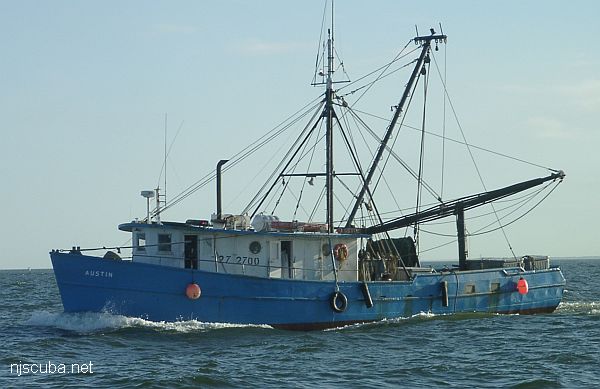
- Type:
- artificial reef, trawler
- Built:
- 1956, Tampa Marine, Tampa FL USA
- Specs:
- ( 65 ft ) 79 GT
- Sponsor:
- Grady family, Greater Point Pleasant Charter Boat Association, Ocean Reef Foundation of New Jersey
- Sunk:
- Wednesday Sept 21, 2016 - Axel Carlson Artificial Reef
- GPS:
- 40°02.900' -73°59.000'
- Depth:
- 80 ft
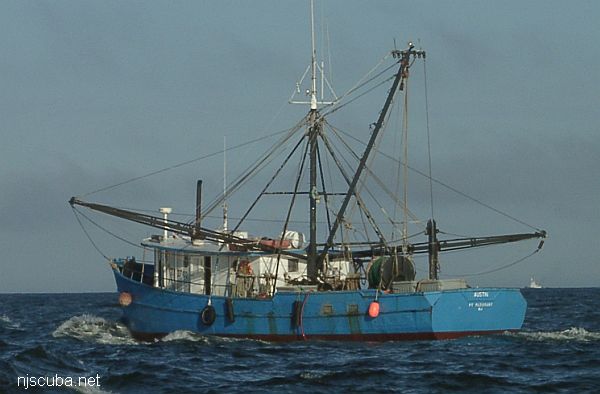

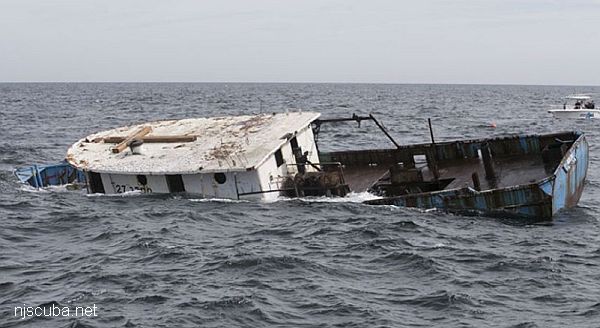
Austin was originally used as a shrimp boat that fished the Gulf of Mexico from Florida to as far south as Campeche, Mexico. She was bought in 1966 by a local fisherman, brought to Point Pleasant, and converted to a trawler. She fished the local waters until she was decommissioned in 2013.

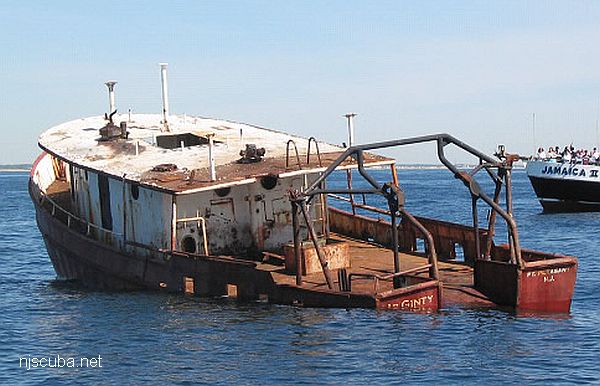
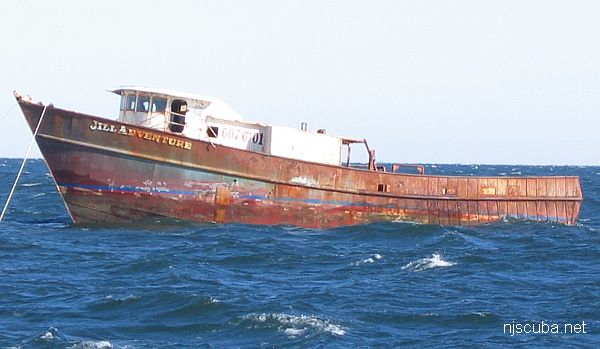
Questions or Inquiries?
Just want to say Hello? Sign the .